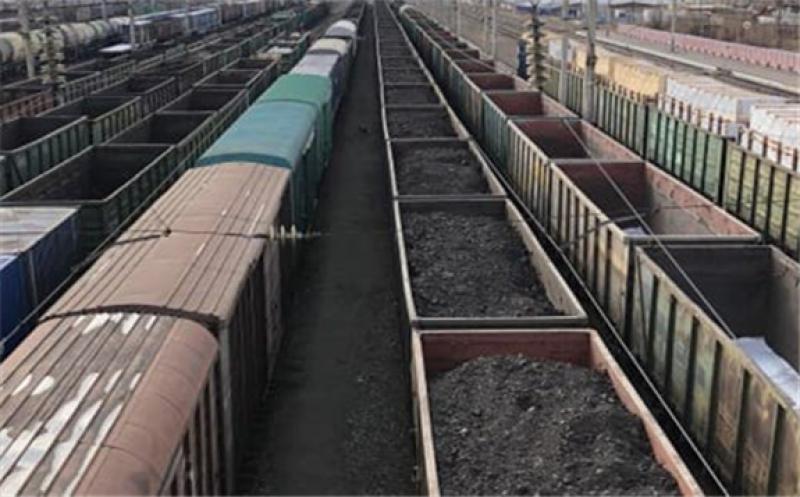China is so desperate for coal amid a power crunch threatening its economic growth that it has released Australian coal that has been sitting in bonded storage not cleared by customs because of the spat between the two countries.

China is scrambling for energy supply ahead of the winter, with a global shortage of natural gas and coal that have led to record-high prices of the fuels in Asia. China last week reportedly ordered its state energy companies to secure supply “at all costs” despite the rallying prices of liquefied natural gas (LNG) and coal.
The world’s second-largest economy is looking to prevent further power outages, rationing, and blackouts that could slow its economic growth and exacerbate global supply chain problems.
Last week, China restricted power use in at least 20 regions and provinces that contribute more than half to the Chinese economy.
In recent days, China has released Australian coal from bonded warehouses, according to traders with knowledge of the matter who spoke to Reuters.
Since the China-Australia spat began in October last year, as much as one million tons of Australian coal hasn’t cleared import customs yet, a trader based in eastern China told Reuters.
“Some of the Australian coal stuck at Chinese ports started to be released at the end of last month...though many of those (cargoes) had already been diverted to markets like India,” the trader said.
China has received a handful of Australian coal cargoes to the total tune of 450,000 tons, the Financial Times reported earlier this week, citing a ship brokering source. This added to another set of shipments totaling 383,000 tons, unloaded last month, according to data from Kpler.
China has also been boosting imports of coal from Mozambique, South Africa, Kazakhstan, Myanmar, and Colombia since the beginning of 2021, due to the ban on Australian coal and the surging demand with rebounding economy, South China Morning Post reported on Tuesday.